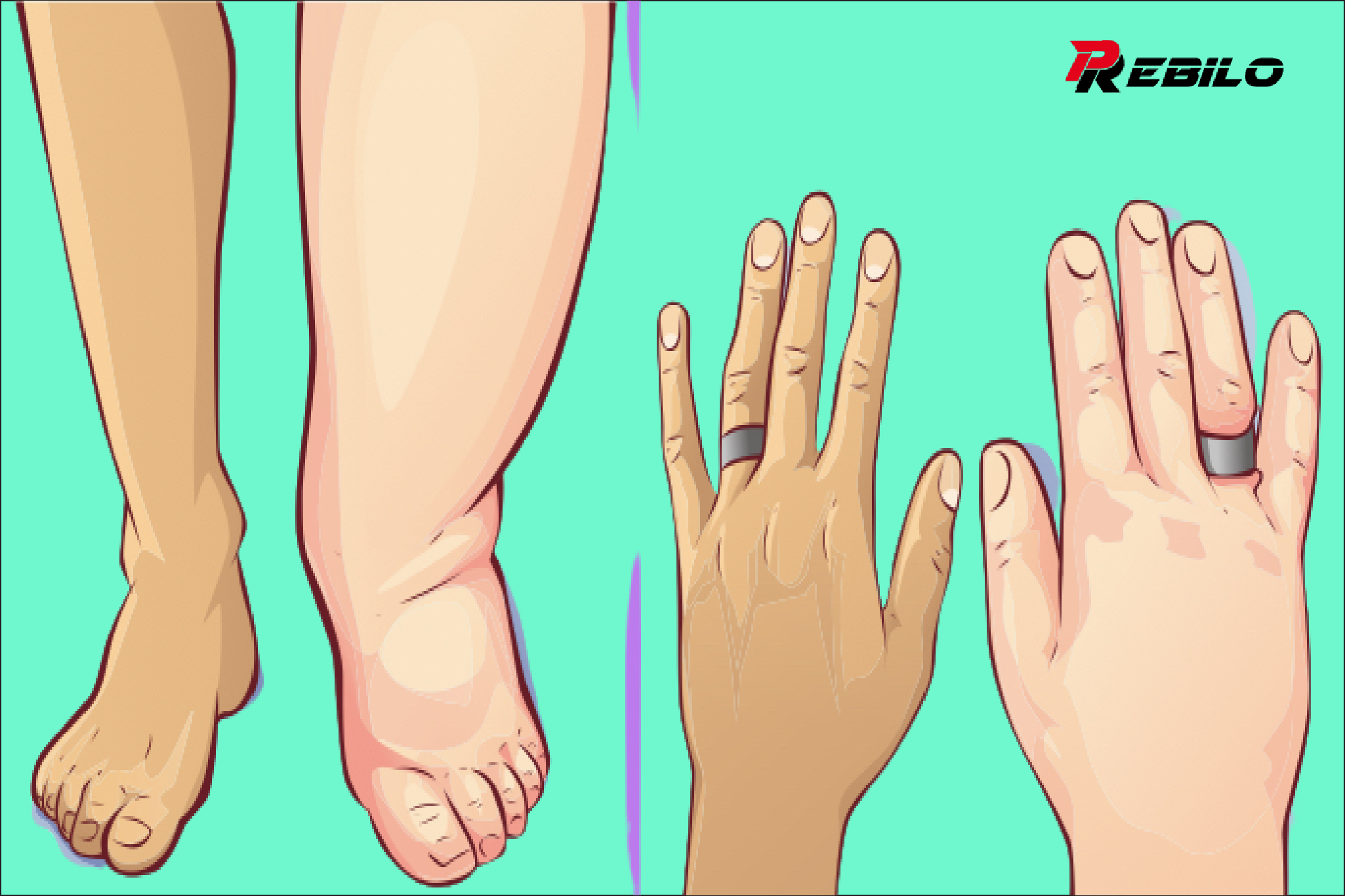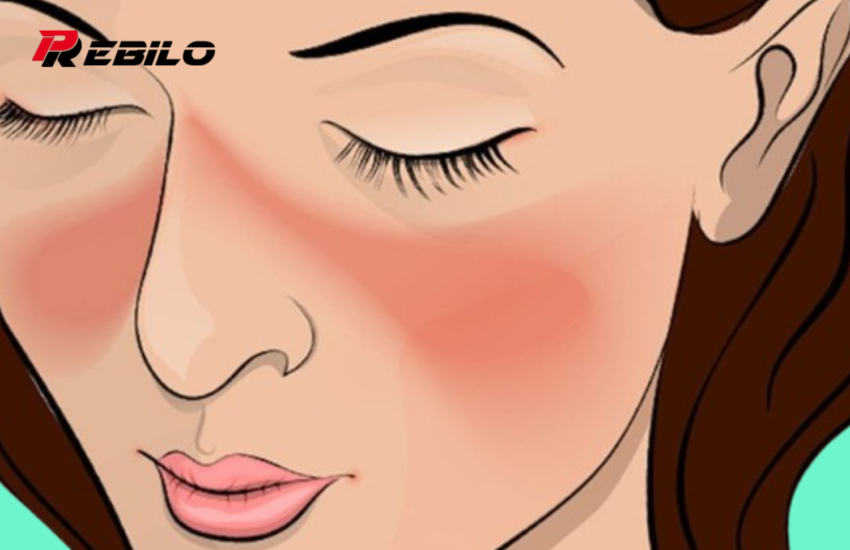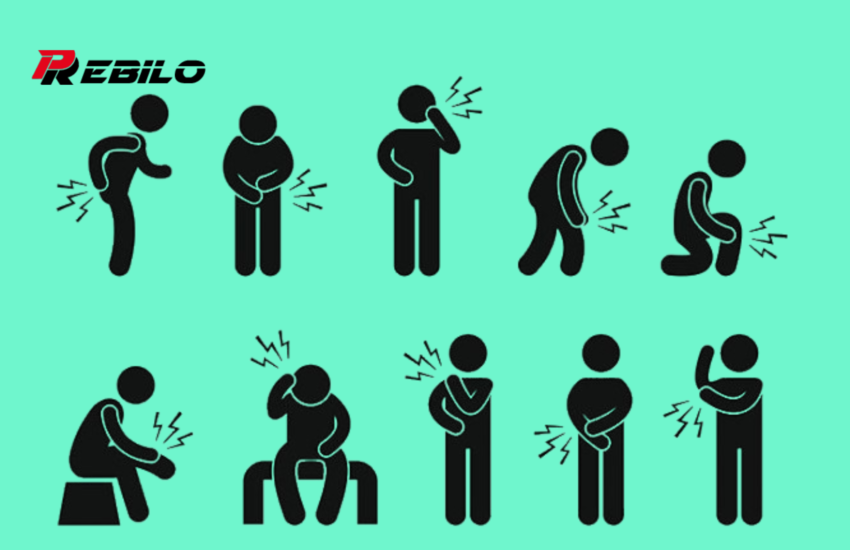6 causes of water retention and how to reverse it
Water retention, also known as edema, occurs when excess fluid builds up in body tissues. It can lead to swelling and discomfort, and in some cases, it may indicate an underlying health problem. Here are six common causes of water retention and how to treat them:
Too much sodium: Eating too much salt can lead to water retention. Sodium attracts and retains water, which causes fluid buildup. Reduce your sodium intake by avoiding processed and salty foods.
Dehydration: Ironically, not drinking enough water can cause the body to retain fluid. When you become dehydrated, your body tries to retain water to maintain balance. Drink enough water daily to prevent dehydration.
Hormonal changes: Hormonal fluctuations during the menstrual cycle can lead to water retention, otherwise known as premenstrual bloating. Staying hydrated and reducing your salt intake can help alleviate this.
Sitting or standing for long periods: Remaining in the same position for long periods of time can hamper blood circulation, leading to fluid buildup in the legs and ankles. Move and stretch regularly to improve circulation.
Certain medications: Certain medications, such as some blood pressure medications and anti-inflammatory medications, can cause water retention as a side effect. Consult your physician if you suspect that your medication may be contributing to edema.
Underlying health conditions: Conditions such as kidney disease, heart failure, and liver disease can cause fluid retention due to poor organ function. If you suspect an underlying health problem, seek medical attention.
How to reverse water retention:
Reduce sodium intake: Limit your intake of processed foods, fast food and excess salt. Choose fresh, whole foods, and use herbs and spices for flavor instead of salt.
Stay hydrated: Drink enough water throughout the day to prevent dehydration and signal to your body that it doesn’t need to retain fluids.
Eat foods rich in potassium: Potassium helps balance sodium levels and regulate fluid balance. Include potassium-rich foods such as bananas, spinach, and sweet potatoes in your diet.
Limit caffeine and alcohol: Caffeine and alcohol can contribute to dehydration, so consume them in moderation.
Get regular exercise: Physical activity can help improve circulation and reduce fluid buildup. Get regular exercise and consider incorporating strength training.
Elevating the legs: If you have swelling in the legs and ankles, elevate your legs above heart level for short periods to encourage fluid drainage.
Compression garments: Compression stockings or sleeves can improve circulation and reduce swelling, especially if you have a sedentary lifestyle.
Consult a healthcare professional: If water retention is persistent, severe, or accompanied by other symptoms, consult a physician. They can determine if there is an underlying health problem and recommend appropriate treatment.
It is important to note that if you are concerned about persistent or severe water retention, it is best to consult a healthcare professional. They can help determine the underlying cause and make personalized recommendations for treating it.


